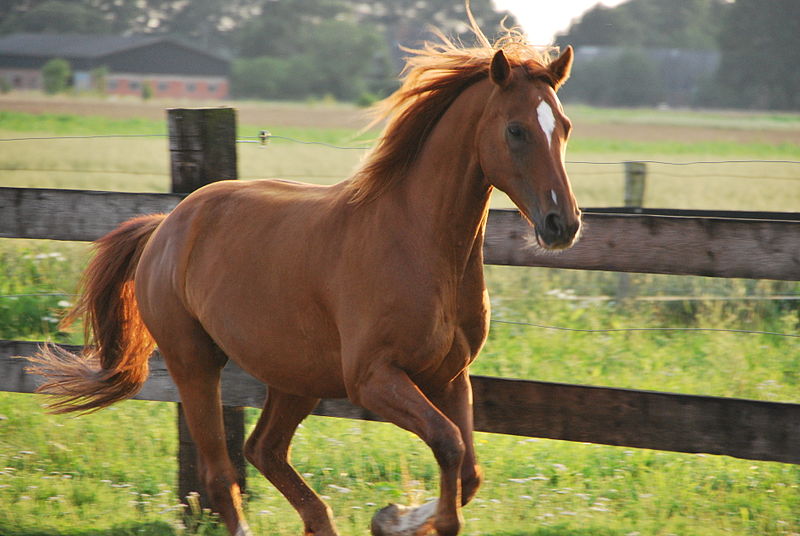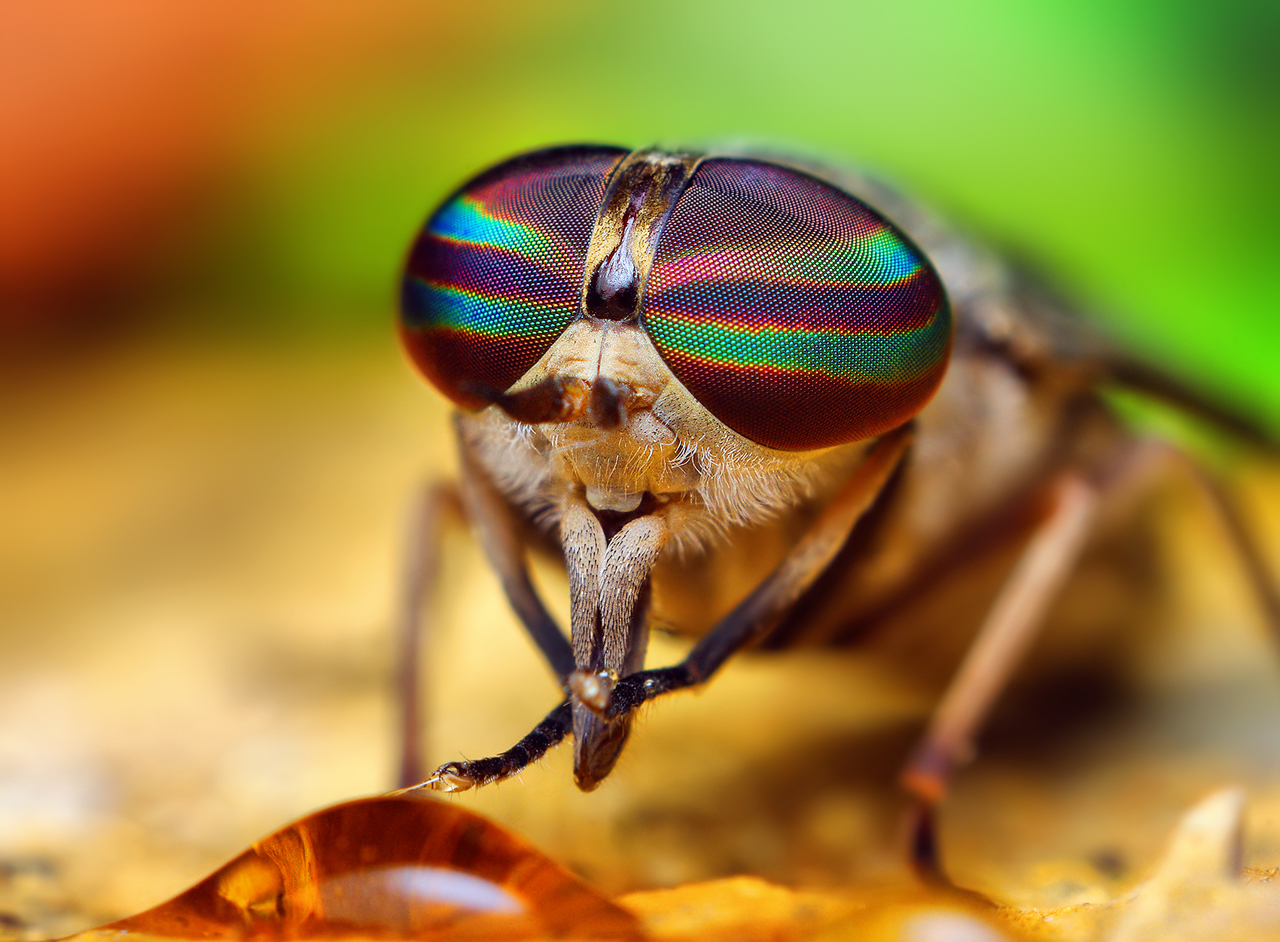The higher temperatures and increased insect activity during the summer months can take their toll on your horse and so it is important to be prepared. By considering the potential issues in advance you can avoid most of the problems that could arise, leaving you and your horse to enjoy a fabulous summer of riding.
Diet
You should pay close attention to your horse’s diet as it needs to change during the summer. Feed like oats and corn produce more heat than hay and grass and so should be reduced. Horses can easily become dehydrated and so it is a good idea to water down your horse’s hay before feeding. Sweet feed can quickly become mouldy in the heat so take extra care to keep food supplies fresh and clean your buckets regularly to avoid attracting flies. Salt licks can be added to your horse’s diet to replace the minerals lost when they sweat.
Your horse will need plenty of water in the summer months. If the weather gets very hot then consider providing extra water and make sure that water buckets and troughs are cleaned regularly.
Keeping Your Horse Cool
It is essential that you provide an area of shade for your animal if it is to spend long periods of time in the pasture. A shaded area can be as much as ten degrees cooler than the open pasture. If there is no natural shade available then you can build a simple structure for your horse. If you are unable to create a shaded area then remove your horse to the stable or a barn in during the hottest part of the day when temperatures are likely to be extreme. You can also cool down your horse by giving them a nice shower or taking them for a swim in a pond or lake. You should also be aware that horses can get sunburnt, especially those with white socks and blazes, and so a good sunscreen is a wise investment.
Exercise
It is vital that horses do not carry excess weight in the summer months as this will leave them prone to overheating. Keep you animal fit but on hotter days exercise early in the morning or in the evening when it is a little cooler.
Fly Control
Insects and flies are more prevalent in the summer so prepare for this by investing in a fly sheet and fly mask for your horse. Insect repellents can also help and you should keep the stables as clean as possible. Waste management is also crucial. Don’t store manure close to the stables. If you spread manure in the field then spread it thinly so it dries out quickly. Damp manure is attractive to flies and provides the perfect place to lay their eggs.
The Pasture
The late spring and early summer are prime growing seasons and the times when poisonous weeds like ragwort can prosper. Ensure that your pasture is free from poisonous weeds in the late spring and then keep an eye on the situation throughout the summer months. Never simply top the weeds as the dead and dried portion of the plants is more palatable to horses and remains poisonous. The weeds should be uprooted and completely removed.
Article by Sally Stacey


